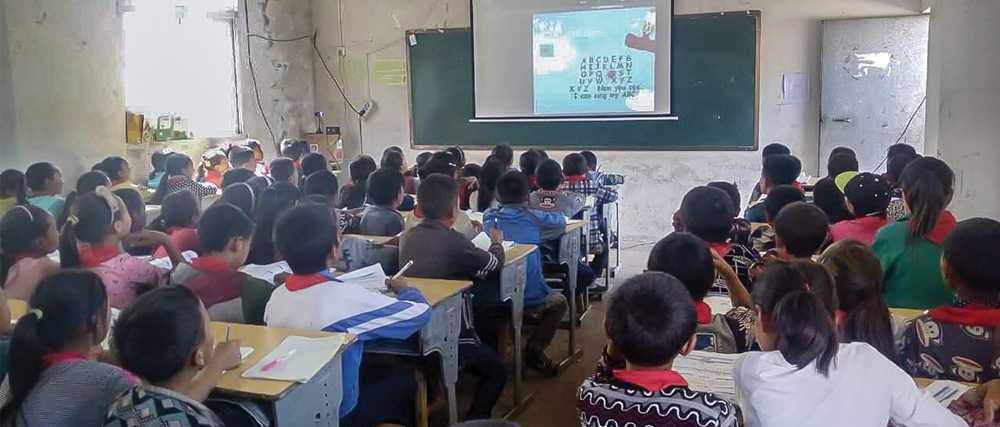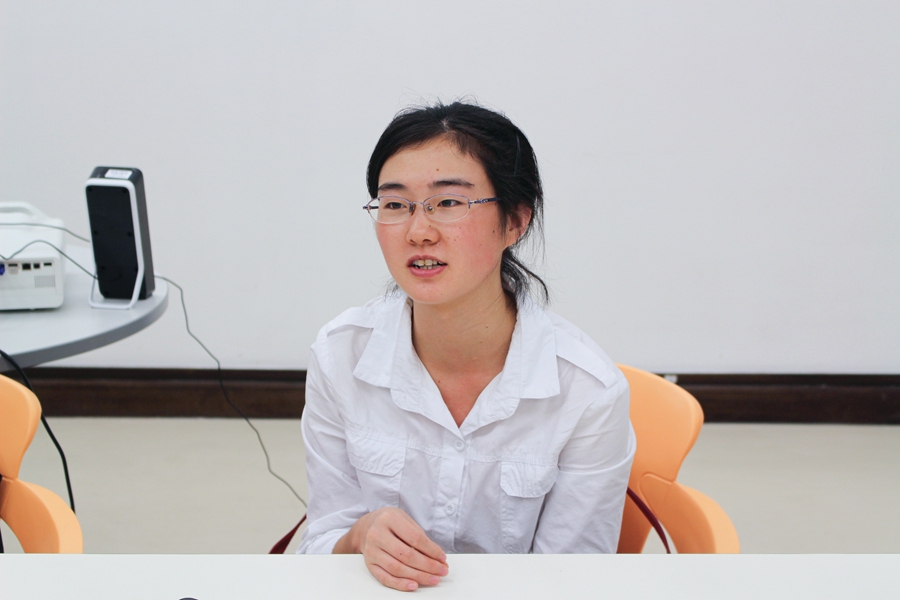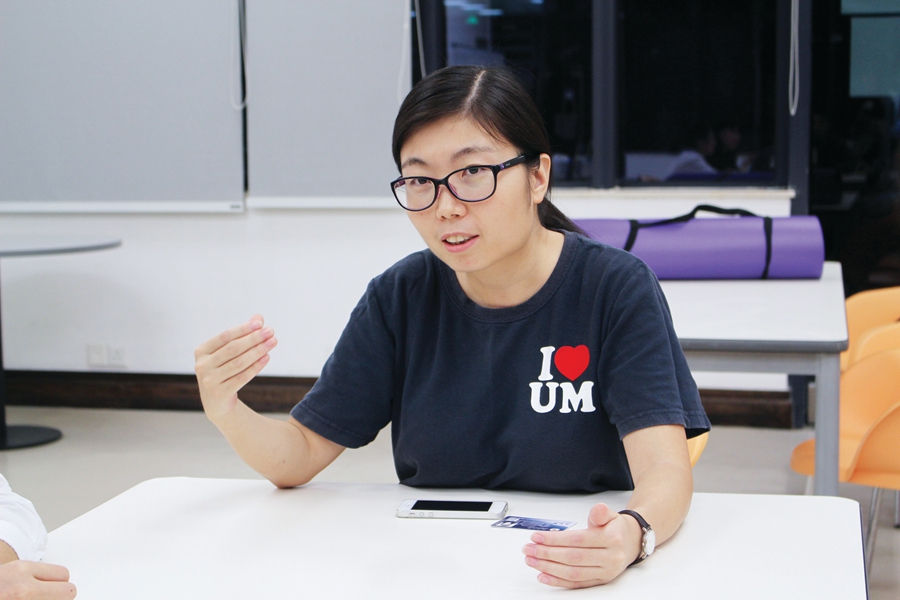Source: My UM
It was a cramped, shabby classroom, packed with more than 80 primary school pupils who had never set foot outside their village. With an intense look of curiosity and concentration, they watched the PPT presentation projected on the classroom wall and repeated the pronunciations of the English letters after their teacher thousands of miles away. This special English class was organised and designed by faculty members and students from Lui Che Woo College.
Giving Disadvantaged Children a Chance to Receive Education
The children who received the long-distance teaching were from a private primary school in Liangshan, Sichuan province. Because of the lack of resources and English teachers, the students have virtually zero knowledge of English. ‘Just because they were born in a remote village, these children are robbed of the opportunity to receive normal education like children from other places. This is not right, and makes me want to do something to help them,’ says Fu Jia, a third-year student from the Department of Finance and Business Economics and one of the volunteer teachers. Fu believes that devoting some personal time and energy to give disadvantaged children a chance to receive education is a worthy cause. ‘I felt very excited the first time I saw the children on the screen. They were very enthusiastic about learning, and often asked questions without being prompted,’ she says.
Lei Ut Wa, a second-year English major from the Faculty of Education, is another volunteer teacher. Lei would often play English movies and music in class in order to create a relaxed learning atmosphere and introduce the students to English culture.
Harder than Imagined
But long-distance teaching is not always smooth sailing. According to Lei, the unstable internet connection and the slow internet speed often resulted in a lag of one to two seconds between the sending and receiving of signals. This not only prevented real-time interaction in class, but also caused each class to last longer than planned. During our interview, a class had to be cancelled because of an internet failure. Student volunteers looked very disappointed, as they worried this would slow down the schedule. But as Chu Caixia, a resident fellow from Lui Che Woo College, puts it, problems like this cannot be helped, because it is just one of the limitations of long-distance teaching.
Dare to Try, Constantly Improve
During the last class of the last semester, our journalist visited the classroom again to cover the session. After class, student volunteers had a discussion: What real difference can such long-distance teaching make to the children in that village? How much can the students learn from long-distance teaching? They didn’t reach any definitive answers. The only thing they all agreed upon was that there was still room for improvement. They plan to make a more workable schedule and develop more suitable teaching materials in the next semester. They will also visit the village in the summer holiday so they can spend some time with the local students and teachers to learn about their needs and the problems they encountered in the learning process. They hope this will help them improve the teaching materials.




